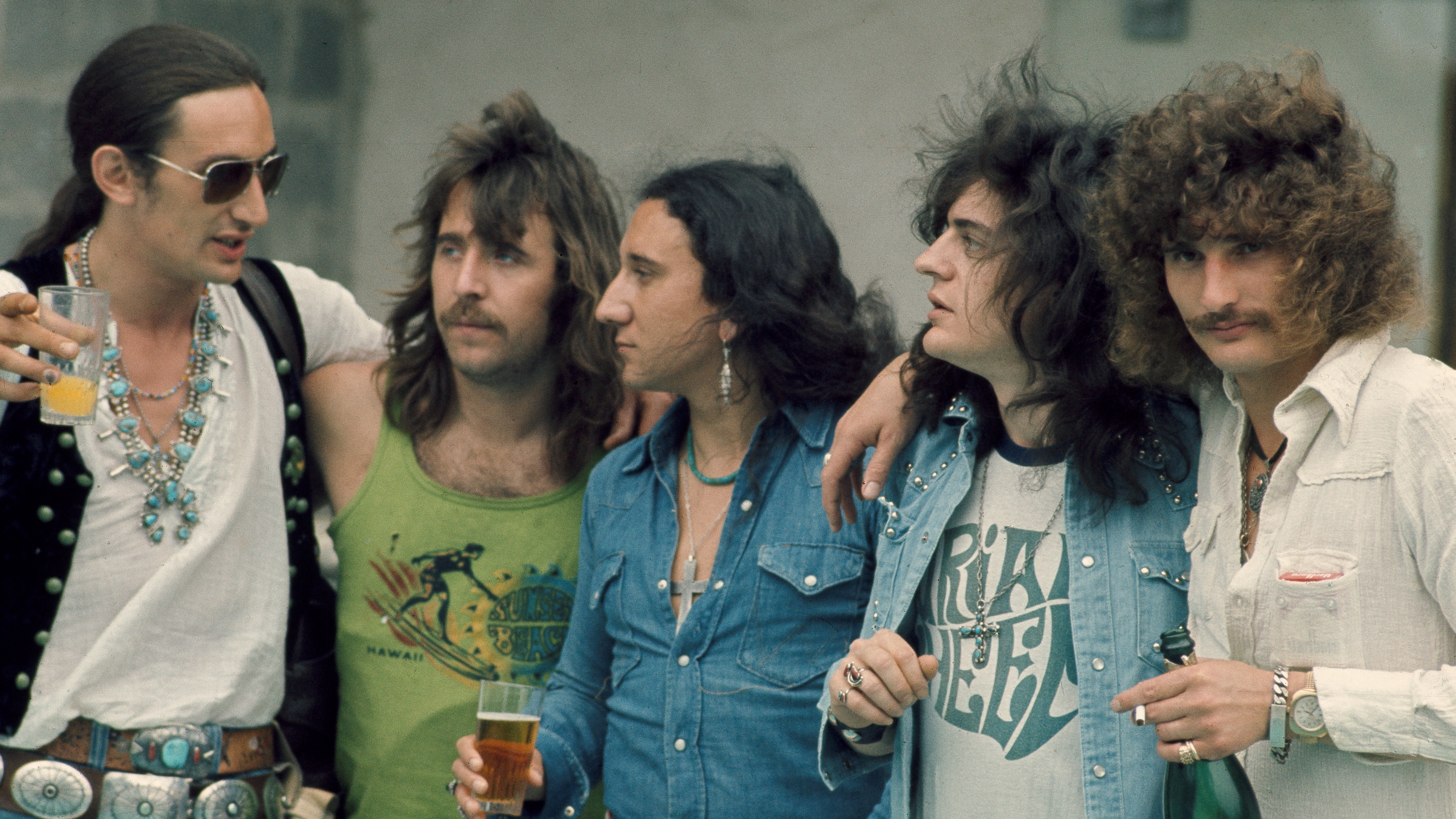Uriah Heep have made music for more almost five decades, though the 1970s represented their most productive era. Driven by the triumvirate of keyboardist/guitarist Ken Hensley, guitarist Mick Box and lead vocalist David Byron, it’s pretty hard to believe that the band’s first five albums were recorded during a whirlwind yet hard-to-beat period between July 1969 and November 1972.
10) The Easy Road (1974)
An evocative and wistful ballad penned by keysman Ken Hensley on their seventh album Wonderworld. Performed alone by its author and David Byron save for some orchestral colouring, it shows off the full, remarkable range of the singer’s voice.
9) Sweet Freedom (1973)
From the uplifting nature of its lyrics to the effortless-sounding combination of musical force and rich, vocal sweetness, Sweet Freedom – taken from the album of the same name – is the sound of a group at the very peak of their abilities.
8) Return To Fantasy (1975)
A pulsating, riveting vindication of Hensley’s famous admission that by Return To Fantasy, their eighth studio album from which this song is taken, Heep were still capable of creating great songs but that those moments were “becoming fewer and further between.”
7) Stealin’ (1973)
Hensley at his storytelling best, this track from 1973’s Sweet Freedom would have been a far bigger hit for Heep without the line ‘I done the rancher’s daughter/And it sure did hurt his pride’, which caused it to be banned.
6) The Wizard (1972)
It says much that even more than four decades afterwards this mystical tale of a wizard, sporting ‘a cloak of gold/And eyes of fire’, remains a staple of Uriah Heep’s live set.
- The Top 10 Essential 70s Metal Albums
- Uriah Heep Help End The Cold War
- Uriah Heep: Buyer's Guide
- The Dark Knights Rise: The Epic Story Of Black Sabbath In the 70s
5) Sunrise (1972)
The critics used to claim that Uriah Heep ‘couldn’t do subtle’. Boy, did this masterpiece of light and shade, the opening track of the band’s fifth album The Magician’s Birthday, prove them wrong?
4) Lady In Black (1971)
The band’s biggest ever hit appeared on their second album, Salisbury, and was written by Hensley after seeing a woman pedestrian on a blustery morning in the north of England. Amazingly considering its enduring popularity, his band-mates were unimpressed the first time they heard it.
3) Easy Livin’ (1972)
Heep’s catalogue contains several boogie-shuffles (the John Lawton-voiced Free ‘N’ Easy being another example). Blessed with a soaring chorus and enhanced by the group’s multi-part harmonies, the anthemic Easy Livin’, another cut from 1972’s Demons And Wizards, remains the big daddy of them all.
2) July Morning (1971)
By turns fragile, beautiful, uplifting, strident and bombastic, in its unedited original form this ten-minute epic from third album Look At Yourself encompassed almost as many ups and downs as Heep themselves. Which is quite something.
1) Gypsy (1970)
The thunderous opening track of the band’s very first album, …Very ‘Eavy …Very ‘Umble. It’s a timeless statement of the strengths they would come to develop over the coming years and decades.

